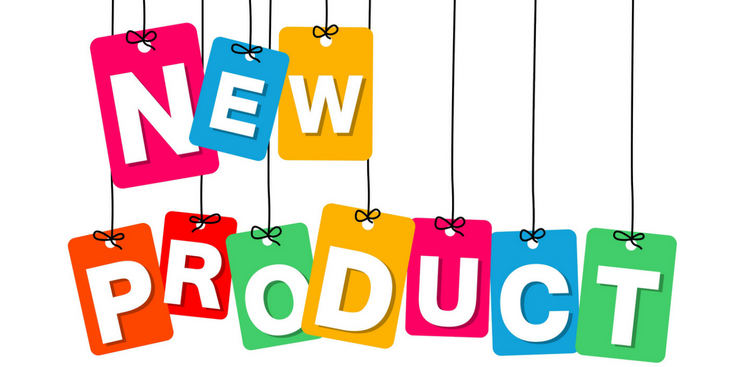Appeal to Novelty - Definition and Examples
Contents
Appeal to Novelty Fallacy is from the Latin argumentum ad novitatem - claiming that some idea or product is better than previous ones just because it is new.

This fallacy is frequently used in marketing of new products, fashion, political advertising, and other areas. Some keywords used to describe and praise novelty are “the next new thing”, “pushing the envelope”, “new and improved”, “cutting-edge”.
For example, Pepsi’s marketing campaign in the 1990s had the slogan
Pepsi: the taste of a new generation!
Or
We live in a better world than our ancestors did, and tomorrow will be even better.
Notice that there are no arguments why new is better apart from just being novel.
But there are some exceptions; for example, when a product goes through some decay process
fresh milk would be much better than that month-old one that is growing legs in your fridge right now.
Appeal to Tradition is the opposite of the Appeal to Novelty. It occurs when someone claims that a product, action, or belief is better or true because it has been proven by a long time and experience. For example:
People have used mercury in medicine since ancient history; it must be so effective that we should keep using it.
The New one is better because it’s newer
Appeal to Novelty is a widespread fallacy because people usually assume that all changes are done to improve quality, efficiency, convenience, lower cost, and pursue other good intentions. It’s not always so. Sometimes changes are pushed to increase profits, gain more political power, and make career progress. Yes, in the meritocratic system, such motivations would lead to better quality products and services but in others…
Another aspect is that this approach works very well with the younger generation because of an implied idea of Association and Wishful Thinking “It’s new and I’m new, It’s better, so must be I am too.”
The third point working well for the younger generation is the Package Deal Fallacy - “Older generation had their own ideas/products, new gen must have their own, newer and better.”
And another point of view is to keep in mind that “better-worse” attributes describing quality which is a multi-aspect category. For example, a diet could be efficient for weight loss but have side effects. Or think of vaccines. Or about different energy sources. Voicing improvement on one attribute and omitting drop in other characteristics is very common but at isn’t very transparent.
The old one is inferior because it’s older
The multi-billion industry of promoting new products plays some role in the stigmatization of old products and goes side-by-side stigmatization of eldery overall.
This could create a bias that
- Everything is getting worse with the time
- With releases of new products and ideas, old ones are becoming outdated and incorrect automatically.
Chronological Snobbery
Chronological snobbery is the form of the Appeal to Novelty fallacy, where one argues that the only relevant knowledge and practices are those established in the last decades.
How can anyone think that cathedrals are more beautiful than skyscrapers? Skyscrapers are made with modern technology, that’s all the evidence I need.
Other Examples of Appeal to Novelty Fallacy
We have experienced way too many difficulties under our current political system. Therefore, we need a new system!
Have you seen the new operating system that just came out? It must be so much faster and better than the old one.
Do You want to lose weight the right way? You have to try this new diet!
Remix of that old song is much better than the original. New ideas are awesome!
Keeping up with the latest trends is always an excellent idea.
She says her new boyfriend is the best compared to her exes.
If you want to make friends, you have to wear the latest fashion and the trendiest gadgets.
More info: